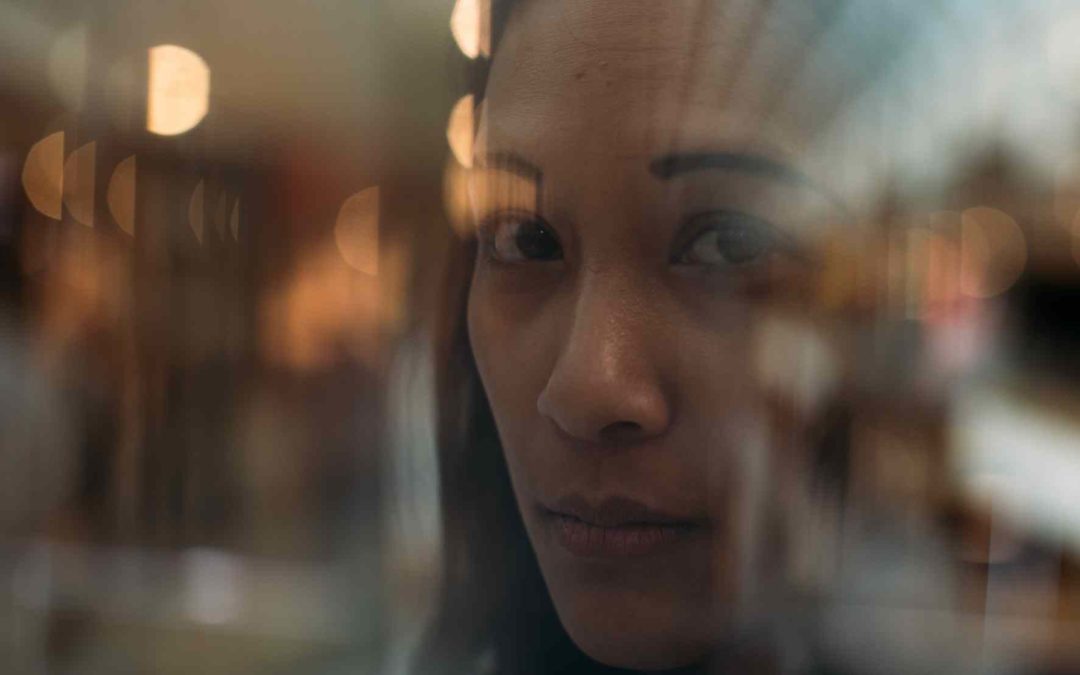The impact of the Supreme Court’s decision to overturn Roe v. Wade isn’t theoretical. It can directly harm people who are rebuilding their lives after human trafficking and those who are still being exploited. As a result of the overturning of Roe v. Wade, Texas is enacting a law, with very few exceptions, that bans abortion from the moment of fertilization. Here are 3 ways Texas’ trigger ban on abortion will affect human trafficking:
1. Banning abortion increases vulnerabilities traffickers prey on
Revoking access to safe, legal abortion services increases vulnerabilities that traffickers use to exploit victims.
Women living in poverty already experience the highest rates of unintended pregnancies and abortions due to the lack of sex education and access to contraception. Carrying and raising a child is expensive and time-consuming for a person living paycheck to paycheck – especially single parents.
Seeing the desperate need for housing, medical care, childcare, and other resources required during and after pregnancy, traffickers swoop in to take advantage of this desperation for their own profit.
2. Traffickers can use pregnancy and childbirth to keep victims under their control.
The trafficked individual might feel obligated to stay in a toxic situation to ensure she has the resources she needs or for the sake of the child ‘having two parents.’
If the trafficker is the biological father and the victim flees exploitation with the child, the survivor is legally tied to the person exploiting her.
Control is the weapon traffickers wield – and what better way to control a woman than to force her to carry, birth, and raise a child?
3. The overturning of Roe v. Wade will affect us all – but none more so than women of color.
Restricting or removing access to legal abortion is a theft of personal autonomy that hurts the entire community. This is where racial discrimination, human trafficking, and women’s rights intersect.
As we know, people of color experience poverty at higher rates and Black, American Indian, and Alaska Native women experience pregnancy related mortality at higher rates due to systemic racism. Women experience lower wages due to systemic sexism.
Therefore, poverty makes women of color more vulnerable to trafficking and unintended pregnancy.
This is not an exhaustive list of the ways criminalizing abortion will affect individuals and communities but highlights how it may harm trafficking survivors.
Banning legal abortion does not help women, families, children, or the community. It increases vulnerability and desperation. And it helps perpetuate human trafficking.
We will continue to serve our clients as we always have – by connecting them with housing, basic care items, healthcare, mental health services, education, job training and opportunities, and more as they work to build the lives they dream.






